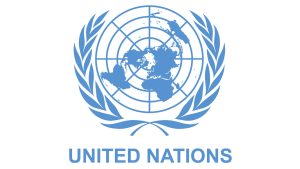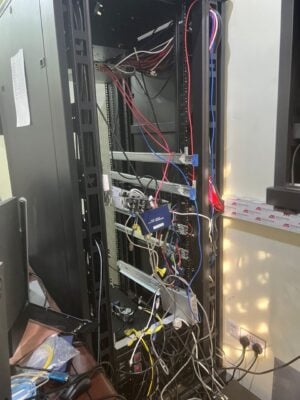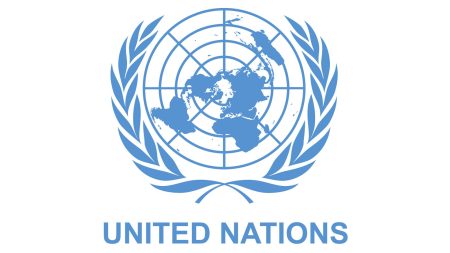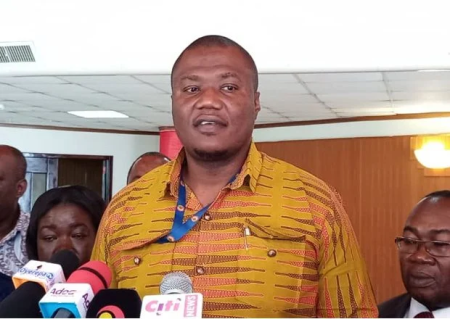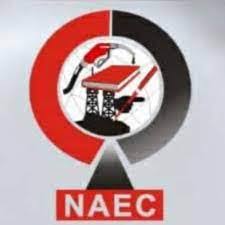The petroleum sector in Ghana has become a battleground between forces seeking transparency and accountability and those allegedly benefiting from previously unchecked revenue leakages. At the center of this conflict is Strategic Mobilization Ghana Limited (SML), a company whose revenue assurance platform has drastically increased government revenue collection but has also become a target for raids and accusations. Recent actions by operatives, purportedly from the Office of the Special Prosecutor (OSP) and National Security, have raised serious concerns about the future of revenue oversight in the sector. These operatives raided SML’s offices, dismantling their real-time monitoring system, a move that has been met with criticism and suspicion. Industry sources claim these actions are orchestrated by powerful oil cartels threatened by the transparency SML brought to the sector and the significant financial losses they have incurred due to improved revenue collection.
The raid on SML’s offices appears to be the culmination of a sustained campaign against the company, despite institutional backing from both government auditors and parliamentary committees. While the OSP has been in contact with SML since March 2025 and the company has cooperated with their requests, the sudden raid raises questions about the true motives behind the operation. Critics suggest that the timing of the raid is no coincidence, coming after months of intensified pressure on SML and its operations. The dismantling of the monitoring system not only disrupts SML’s work but also significantly impacts the operations of the Customs Division of the Ghana Revenue Authority (GRA), which relies on the system for real-time monitoring. This raises concerns about the potential for a return to the days of unchecked revenue leakages.
Prior to SML’s involvement, the Ghanaian downstream petroleum sector suffered massive revenue losses due to underreporting. SML’s platform dramatically increased reported fuel volumes and consequently, government tax revenue. Reported volumes rose from an average of 208 million liters per month to 450 million liters, resulting in over GH¢20 billion in additional tax revenue between May 2020 and December 2024. This success, however, appears to have made SML a target. The scale of previous revenue leakages, with an estimated GH¢3.4 billion lost in 2019 alone, provides a strong motive for those who benefited from this system to resist the increased transparency and accountability brought about by SML’s technology.
Despite a clean audit report from KPMG, commissioned by President Akufo-Addo in 2024, and endorsements from both the GRA and Parliament’s Energy Committee, opposition to SML persists. The Energy Committee, in the previous parliament, explicitly acknowledged that SML’s systems disrupted a “well-entrenched network” of illicit actors and cartels. The GRA also credited SML with significantly improving revenue assurance. However, these endorsements seem to have only emboldened those seeking to undermine the system, highlighting the immense financial incentives involved in rolling back oversight. The continued opposition to SML, despite official validation, suggests a powerful resistance to transparency and accountability within the sector.
The campaign against SML has been spearheaded by investigative journalist Manasseh Azure and various civil society groups, focusing on procurement irregularities and contractual disputes. SML, in response, has filed a GH¢21 million defamation lawsuit, arguing that these attacks serve the interests of those who profited from previous tax leakages. The raid on SML’s offices represents a critical juncture for Ghana’s efforts to secure its petroleum revenue. The outcome will determine whether the progress made in revenue collection will be sustained or if the country will regress to a system riddled with loopholes exploited by powerful cartels.
The future of revenue collection in Ghana’s petroleum sector hangs in the balance. The raids on SML and the ongoing campaign against the company highlight the entrenched interests resisting transparency and accountability. The outcome will not only determine the fate of SML but also set a precedent for future anti-corruption efforts in the country. Whether the government will prioritize the substantial gains made in revenue collection or succumb to pressure from powerful actors seeking to maintain the status quo remains to be seen. The integrity of Ghana’s petroleum sector and the country’s overall fiscal health are at stake. The OSP and National Security need to provide a clear and transparent justification for their actions to alleviate concerns about undue influence and protect the progress made in revenue assurance.




